Technical Program | upcoming deadlines
SUBMIT A SESSIONACCESS TO SPEAKER CENTER & REVIEW PORTAL
Accept/Reject notifications for conference paper abstracts were sent out on December 12.
Please contact Haley Booker-Lauridson (hblauridson@ashrae.org) if you did not receive your notification.
Overview of Conference Tracks:
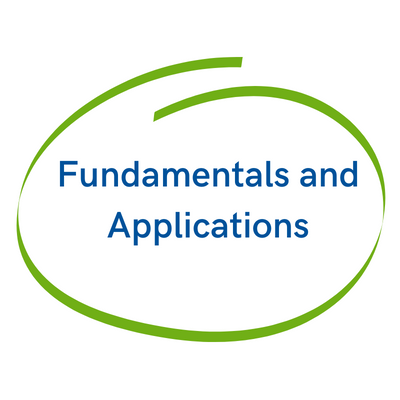
1. Fundamentals are the foundation for understanding applications in engineering. Key components of ASHRAE fundamentals include thermodynamics, psychrometrics, heat transfer, and fluid flow. This track provides opportunities for papers and presentations of varying levels across a large topic base. Concepts, design elements and shared experiences for theoretical and applied concepts of HVAC&R design are included.
Track Chair: Mikael Salonvaara | salonvaaramh@ornl.gov
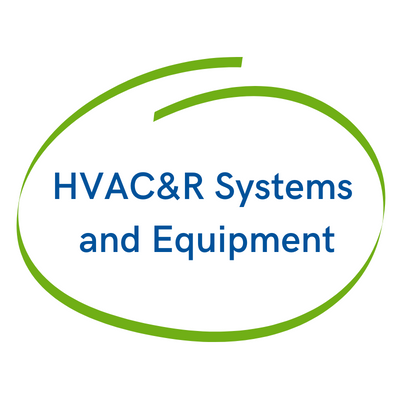
2. HVAC&R Systems and Equipment are constantly evolving to address the changing requirements of the built environment. Papers and programs in this track will focus on the development of new systems and equipment, improvements to existing systems and equipment and the proper application and operation of systems and equipment.
Track Chair: Atilla Biyikoglu | abiyik@gazi.edu.tr

3. Active research, and the exchange of those research findings, are critical to the development of our HVAC&R industry and built environment. The 10th annual research summit invites researchers to share those results, including ASHRAE-sponsored research and research of interest to the ASHRAE community. The Research Summit includes a partnership with ASHRAE's archival journal, Science and Technology for the Built Environment. Researchers are invited to present papers, extended abstracts, seminars, forums or participate in panel discussions.
Track Chair: Craig Bradshaw | crbrad@illinois.edu
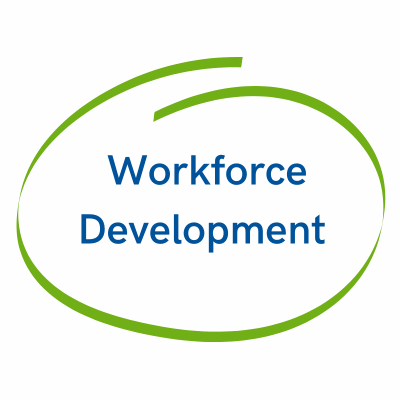
4. As members of a professional organization, we not only participate for the great value of technical exchange, but also the interpersonal exchange. We recognize that the single greatest strength of our organization is its membership. This track is designed to allow those professionals an opportunity to develop in the areas of presentation skills, leadership, team-building, understanding various business operations, interpersonal skills, etc. In short, the Professional Development Track will cover all aspects of business outside of engineering/technical applications and lends itself to interactive session types such as workshops and forums.
Track Chair: Mike Bilderbeck | mbilderbeck@pickeringfirm.com
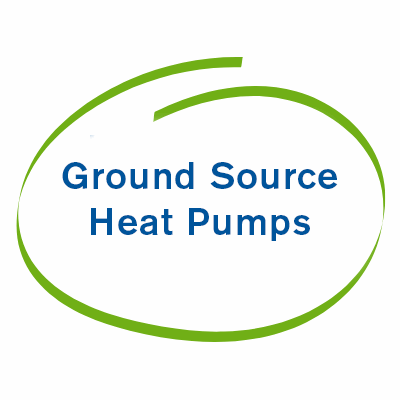
5. Ground source heat pump (GSHP) systems using groundwater pre-1940s in the US and Europe evolved to include closed loop applications as a result of the 1970s energy crisis. By 1999 there was a proliferation of GSHP system installations in the US and Canada, often in rural areas. These systems offer one of the most efficient and sustainable paths toward building decarbonization, yet they remain a less prominent solution in the heat pump landscape. This track focuses on the application of GSHP technology to residential, commercial, and district energy system projects contributing to energy efficiency, reduction in peak load and energy-use, and decarbonization.
Track Chair: Ahmed Elatar | eng.elattar@gmail.com
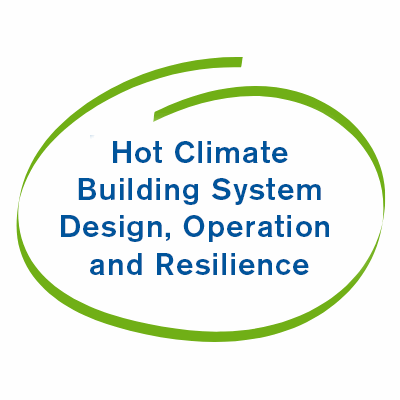
6. The design, construction and operation of buildings in hot climate regions which experience extreme weather conditions require specific considerations for the building envelope and HVAC&R systems, and resulting thermal and hygrothermal performance. Resilience in the face of extreme tempearture shifts, utility interruptions, remoteness, tornados and hurricanes, should be considered to ensure buildings maintain interior design conditions. This track covers efforts and topics specifically focused on buildings, building systems and equipment in hot climates.
Track Chair: Jie Cai | cai40@purdue.edu
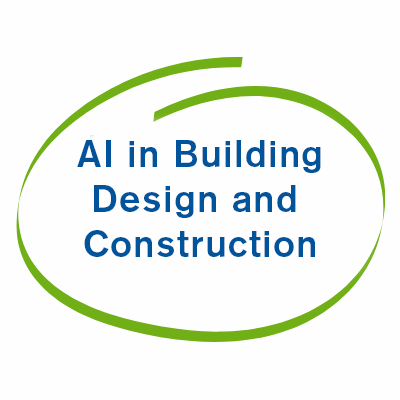
7. Artificial intelligence (AI) is being adopted across many industries. As sensor systems, internet connectivity, building management software and data collection become more sophisticated and ubiquitous, substantial opportunities exist to make buildings, HVAC systems and equipment, and the construction process “smarter.” Implementation of AI during the design and construction phases offers opportunities to improve those processes while incorporation into the building automation and control systems can improve operational energy efficiency, occupant comfort, security and maintenance, and enhance utilization of renewable energy resources (e.g., wind, solar) and energy storage.
Track Chair: Jeslu Jacob | jesluceline@gmail.com
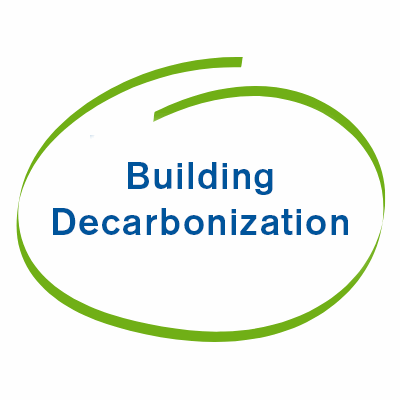
8. Decarbonization is urgently needed to slow climate change that is affecting the planet. Approximately 10% of global CO2 emissions is attributable to embodied carbon in building materials and construction processes. Energy use in buildings accounts for about 40% of energy-related carbon emissions. Therefore, to accomplish building decarbonization goals, accounting for embodied carbon and carbon emissions from operational energy use is essential. This track will focus on refrigerant selection and minimizing refrigerant releases, advancement of carbon neutral, net zero energy and decarbonization strategies in new construction, renovation and HVAC&R design for residential and commercial buildings.
Track Chair: Raul Simonetti | raul.simonetti@carel.com

Types of Presentations Presented
|
These sessions present both technical and conference papers. Conference papers are written on current applications or procedures, as well as papers reporting on research in process. These papers differ from technical papers in that they are shorter in length and undergo a much less stringent peer review. Technical papers cover current applications or procedures, as well as papers resulting from research on fundamental concepts and basic theory. Papers presented in these sessions have successfully completed a rigorous peer review. PowerPoint presentations with audio descriptions of the presentations are posted online in the Virtual Conference. Preprints of the papers are available to all attendees who have purchased a conference registration.
|
 |
|
Forums are “off-the-record” discussions held to promote a free exchange of ideas. Reporting of forums is limited to allow individuals to speak confidentially without concern of criticism. There are no papers attached to these forums.
|
 |
Debates highlight hot-button issues. Experts, either on teams or as individuals, present different sides of an issue in debate format. Each participant presents evidence for or against a specific statement or question such as ‘Is Sustainability Really Sustainable?”.
|
 |
Panel discussions can feature a broad range of subjects and explore different perspectives on issues in the industry. A panel may feature discussions about integrated project delivery among designers, builders and facility management professionals.
|
 |
Seminars feature presentations on subjects of current interest. Papers are not available from the Society; however, seminar PowerPoint presentations with audio descriptions of the presentations are posted online in the Virtual Conference. Access is free for attendees who purchase a conference registration. Seminars are available as a collection via subscription to the Technology Portal online and include video files synched with audio, audio files and PDF files of the presentations.
|
 |
Workshops enable technical committees and other ASHRAE committees to provide a series of short presentations on a topic requiring specific expertise. These short presentations are provided with an increased emphasis on audience participation and training in a specific set of skills. PowerPoint presentations with audio descriptions are posted online in the Virtual Conference.
|
 |



>> Upcoming Deadlines
-
- Wednesday, November 19, 2025 | Conference Paper Abstracts and Paper Session Requests Due
- Friday, December 12, 2025 | Conference Paper Abstract Accept/Reject Notifications
- Wednesday, January 7, 2026 | Website Opens for Extended Abstracts and Seminar, Workshop, Forum, Debate and Panel Proposals
- Wednesday, February 25, 2026 | Debate, Panel, Seminar, Forum, Workshop, and Debate Proposals Due
- Wednesday, February 25, 2026 | Conference Papers Due